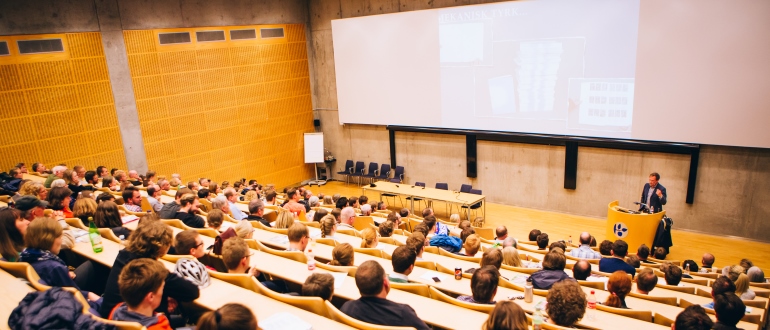| Date: | November 26 |
| Time and place: | 09:00-15:00 in room O99, SDU, Campus Odense |
| Registration | Was before November 15 |
| ECTS | 1,5 |
PH.D. COURSE IN LINGUISTIC (IM)POLITENESS
The topic of this class is situated in linguistic pragmatics. It revolves around two critical surveys, one on linguistic politeness and the other linguistic impoliteness, plus a lecture considering of a new concept pertaining to both areas, namely, reciprocity.
Public Lecture (First hour of the course)
Over the last two or so years, I have been working on the notion of reciprocity, especially in the context of (im)politeness. Reciprocity is simply about maintaining a balance of (im)politeness across conversational exchanges. Of course, interlocutors do not always comply with reciprocity. Such deviations from reciprocity are of particular interest because they trigger further inferencing and/or reflect contextual constraints. I will map out and illustrate a matrix of reciprocity options, plotted according to the interlocutors' (im)politeness thresholds and whether they match or not. Matches might involve, for example, the performance of 'politic' behaviour or banter. Mismatches might involve, for example, a strong upshift as a means of seizing the moral high ground, or a strong downshift as a means of rejecting something and/or somebody.
Ph.D. Course - Topic
The survey of politeness covers both everyday definitions and academic definitions. It introduces the major 'classic' politeness frameworks, such as Leech (1983) and Brown and Levinson (1987), and offers an evaluation of each. It covers the notion of directness, and cross-cultural issues. Then it moves to what some see as an alternative approach to politeness, namely the socio-cultural or discursive approaches. In particular, it introduces the notion of 'politic behaviour' (Watts 2003). The survey concludes with some reflections on the current state-of-the-art. The survey of impoliteness reflects on how the field of (im)politeness studies has developed. Along the way, it addresses a series of questions, including what linguistic impolteness is, how it differs from politeness, whether it has to be intentional to count as impoliteness, what the strategies and formulae used for impoliteness might be, why prosody is so important, and how people respond to it. This is not, of course, a complete list, but it will serve to raise a variety of theoretical, descriptive and methodological points. It concludes with some thoughts about the current state of the “paradigm”, if that is what it is, and the avenues it is likely to pursue – or indeed could profitably pursue – in the future.
This class will be infused with examples, both short and long. It will also have plenty of opportunities for questions and discussion.
Readings
Brown, Penelope and Stephen C. Levinson (1987) Politeness: Some Universals in Language Usage. Cambridge: Cambridge University Press.
Leech, Geoffrey N. (1983) Principles of Pragmatics. London: Longman.
Watts, Richard J. (2003) Politeness. Cambridge: Cambridge University Press.
Prior to the course, students are asked to prepare the following
Read the overview on politeness and impoliteness.
Read the material on impoliteness on the website https://www.lancaster.ac.uk/fass/projects/impoliteness/index.htm
Read through and make notes on the two tasks on politeness and impoliteness.
________________________________________________________________
Our events are open free of charge to PhD students from our own program, and from all other programs provided they also offer tuition free of charge to our students. ’Soon-to-be’ Phd students may also attend with permission from the event instructors and the Program Director, whom you should first contact if this applies to you (Cindie Aaen Maagaard at cindiem@sdu.dk). We are also very happy if members of staff wish to attend, particularly PhD supervisors, and will accommodate them in lieu of space. We ask all who attend an event to register. You’ll find the online registration form on the same page as the event description.
http://www.sdu.dk/Forskning/PhD/Phd_skoler/Phd_humaniora/alle_kurser#IGS
